With the 2024 Paralympics and Olympics now shutting their lights off and signalling the beginning of another four year cycle, the power of the 1% is inflicting athletes minds around the world.
"What could've I done better?"
"Where is there room for improvement?"
"What worked well, what didn't"
Whether achieving gold, silver or bronze; everyone can agree that being apart of the olympics or paralympics is arguably an outstanding achievement in its own right.
But high achievers and high performers don't just participate...
So how can these athletes who won medals, who didn't, who missed by a fraction of a second or a few millimetres; get their redemption next time round?
One high performance aspect; highlighted by numerous athletes world-wide is journaling.
Journaling is the art of conversing with one's soul; in the quiet ink of reflection, we unearth truths that lie hidden beneath the surface of daily life, illuminating the path to self-discovery and growth.
Athletes such as high jumper Nicola Olyslagers (McDermott) utilising her "little green book", team sports utilising performance diaries, have all attested to the power of journaling. Whether its planning for the next race, reinforcing a process, creating a balance between the pressures of sport and self-regulating stress, athletes at the highest level appreciate the benefits of journaling in a performance setting.
The Elite Performance Journal has developed Seven helpful tips to get build a process around your journaling:
- Date and Time: Begin each entry with the date and time to provide context and track changes over time. For example, "September 10, 2024, 3:00 PM.
- Objective of the Session: Clearly state the main focus or goal of the day’s performance. For instance, “Today’s goal was to improve my on-field skills in attack".
- Detailed Account of Actions: Describe the key activities and actions taken. Include specifics about what you did, how you did it, and any tools or strategies you employed.
- Challenges Overcome or Experienced: Note any difficulties or obstacles you faced. Be specific about what was challenging and how it impacted your performance.
- Insights and Reflections: Reflect on your performance. Consider what worked well, what didn’t, and why. Ask yourself questions like, “What can I learn from today’s experience?” and “How can I improve?”.
- What are the Next Steps and your Personalised Action Plan: Outline your plan for improvement or future actions based on today’s reflections. Be specific about what you will do differently or continue doing.
- Emotional State and Motivation: Briefly describe how you felt during the performance and how it might have influenced your outcomes. For example, “Felt confident initially but became frustrated with the focus of other players, which in turn impacted my focus.”
By following this structured approach, you’ll create comprehensive and actionable journal entries that can lead to meaningful insights and continuous improvement.
Further Reading:

